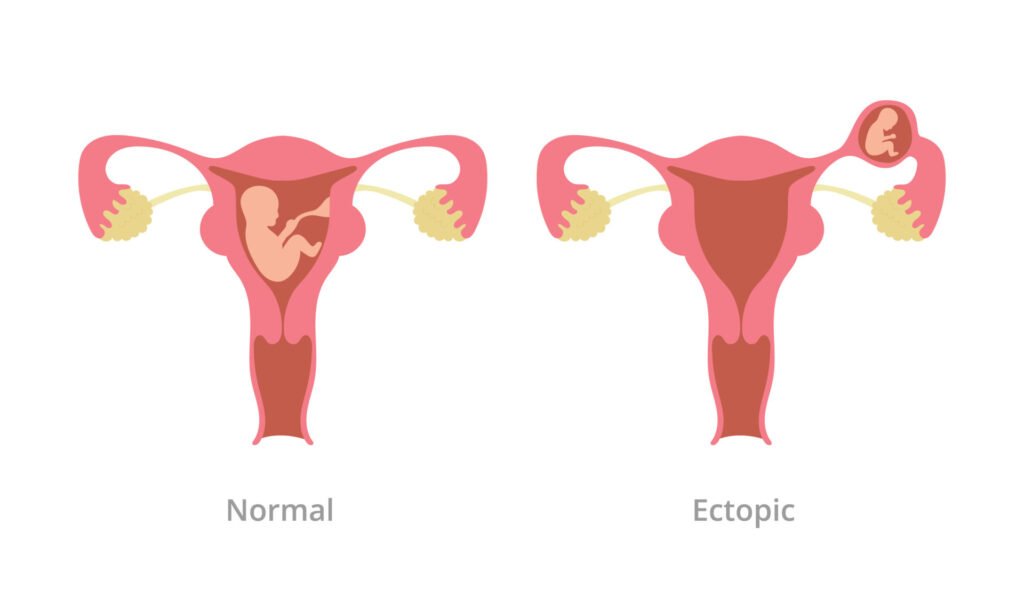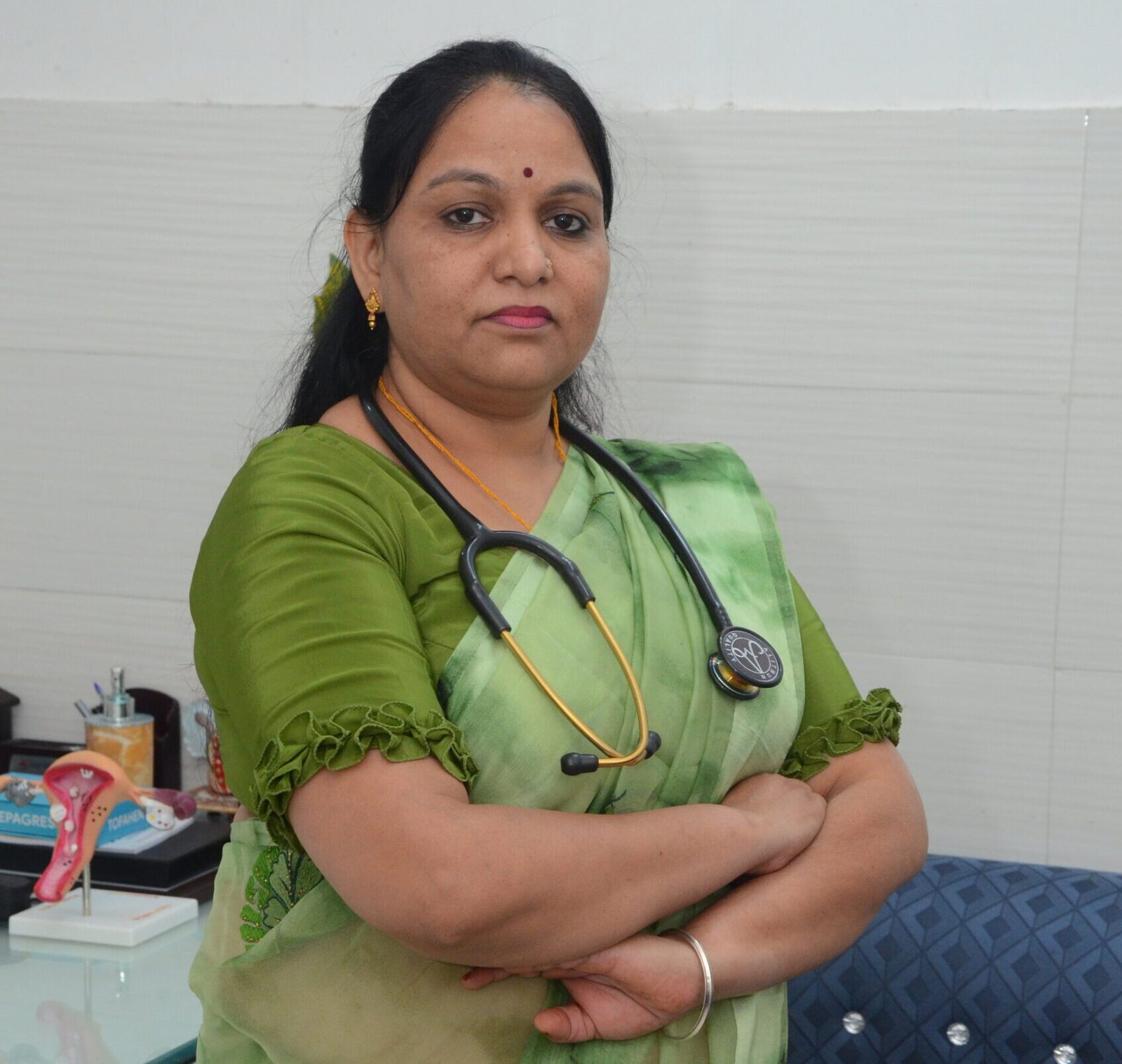Ovarian cysts, Ectopic gestation

At Vatsalya Hospital, Bhilwara, we provide specialized care for women experiencing ovarian cysts and ectopic pregnancies. These conditions can be complex and require prompt diagnosis and treatment to ensure the health and well-being of our patients. Here’s an overview of each condition and the services we offer.
What are Ovarian Cysts?
Ovarian cysts are fluid-filled sacs that develop on or within an ovary. They are relatively common and often occur during the reproductive years. While most ovarian cysts are benign and resolve on their own without treatment, some can cause symptoms and may require medical intervention.
Types of Ovarian Cysts:
Functional Cysts
The most common type, these cysts develop during the menstrual cycle and are usually harmless. They include follicular cysts and corpus luteum cysts.
Dermoid Cysts
Also known as teratomas, these cysts contain tissues such as hair, skin, or teeth and can grow large, sometimes causing complications.
Cystadenomas
These are benign growths that can develop on the surface of the ovary and may contain a watery or mucous fluid.
Endometriomas
These cysts are associated with endometriosis, a condition where tissue similar to the lining of the uterus grows outside the uterus, often on the ovaries.
Symptoms of Ovarian Cysts
- Abdominal bloating or swelling
- Pelvic pain, which may be sharp or dull and occur intermittently
- Pain during intercourse
- Menstrual irregularities
- Frequent urination or difficulty emptying the bladder
- Nausea or vomiting (in cases of large cysts or complications like rupture)

Diagnosis and Treatment:
Diagnosing ovarian cysts typically involves a pelvic examination, ultrasound imaging, and sometimes additional tests such as blood tests (including CA-125 for ovarian cancer risk assessment).
Watchful Waiting
In many cases, especially for functional cysts, no treatment is needed, and the cyst may resolve on its own.
Medications
Hormonal contraceptives may be prescribed to prevent the formation of new cysts and regulate menstrual cycles.
Surgery
For larger cysts, cysts that cause symptoms, or those that are suspected to be cancerous, surgical removal may be recommended. Options include laparoscopy (minimally invasive surgery) or laparotomy (open surgery) depending on the case.

What is an Ectopic Pregnancy?
An ectopic pregnancy occurs when a fertilized egg implants and grows outside the main cavity of the uterus, most commonly in one of the fallopian tubes. This condition is a medical emergency, as the growing tissue can cause the tube to rupture, leading to severe internal bleeding.
Diagnosis and Treatment:
Blood Tests
To measure the levels of hCG (human chorionic gonadotropin), which may be lower than expected in an ectopic pregnancy.
Ultrasound
Transvaginal ultrasound is used to locate the pregnancy and confirm whether it is ectopic.
Laparoscopy
In some cases, a minimally invasive surgical procedure may be used to diagnose and treat an ectopic pregnancy.
Vatsalya Hospital’s Approach to Care
At Vatsalya Hospital, we are committed to providing comprehensive and compassionate care for women with ovarian cysts and ectopic pregnancies. Our experienced team of gynecologists and surgeons use advanced diagnostic tools and treatment techniques to ensure the best outcomes for our patients.
Why Choose Vatsalya Hospital?
- Expertise in Women’s Health: Our team is highly skilled in managing complex gynecological conditions with a focus on minimally invasive procedures whenever possible.
- Personalized Care: We understand that each patient’s situation is unique, and we tailor our treatment plans to meet individual needs.
- Supportive Environment: We provide emotional support and counseling to help women navigate the physical and emotional challenges associated with these conditions.

